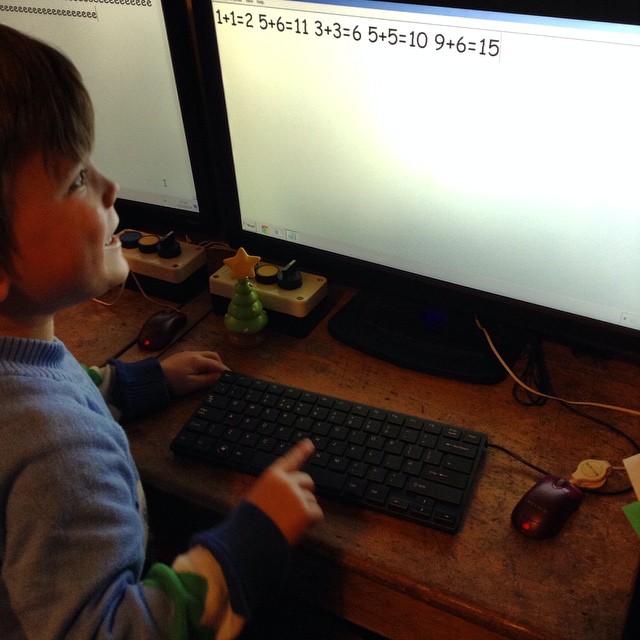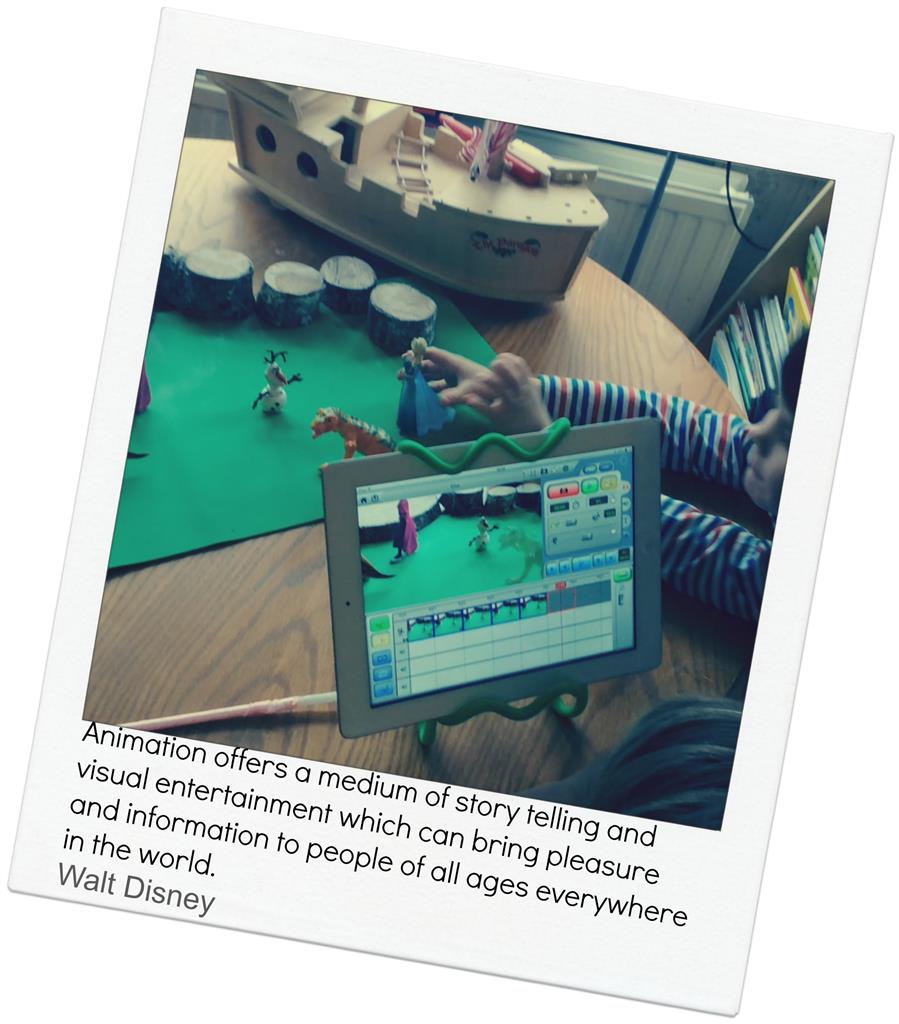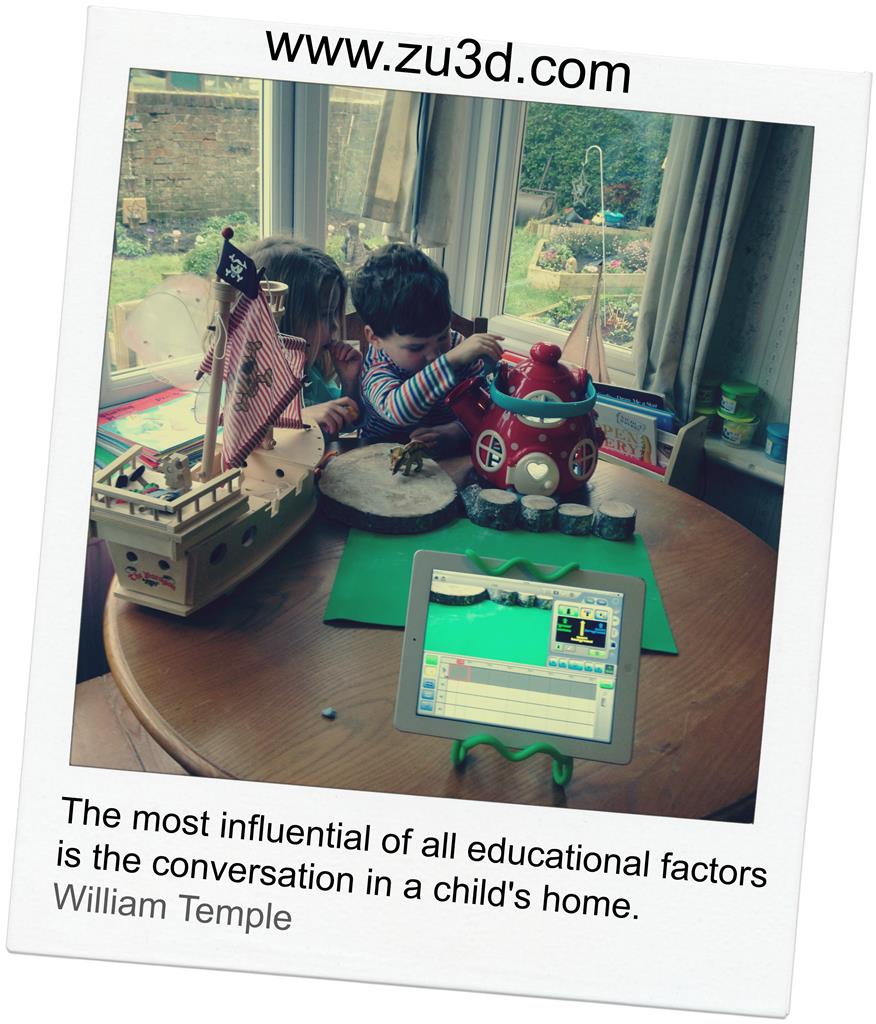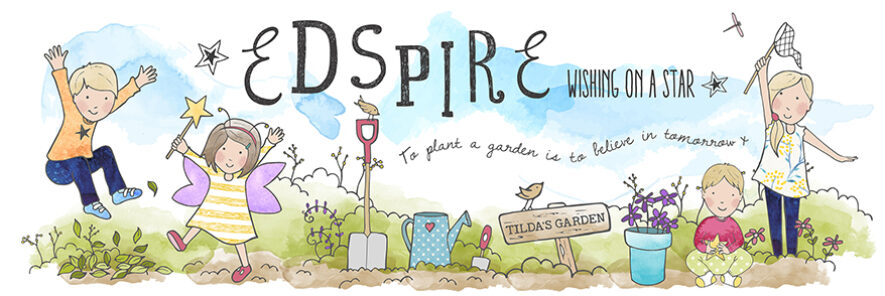This is a sponsored post
Often a sensitive subject, we want what’s best for our children and as the internet is a popular place for studying, revision aids and school support it will become a place that your child will frequent. It’s a good place for many to use, but it also comes with its threats and if not directed your child could enter scary places that they might not know how to come out of.
From one of the top boarding schools in the UK, we take a look at the best ways to guide your child through safe surfing of the web.

Give them a walk through of the different internet threats
The most important part of internet safety is showing your child what to look out for when they’re on websites or accessing emails, using messenger services or social media. There are the common methods people use to deploy viruses such as phishing emails, cyber stalking people met online, online bullying and more extreme measures like Malware and inappropriate content.
Show them what to look out for, and if they’re happy to, you can sit with them and identify ways that people are often scammed or caught vulnerable. Once they’ve been given a run through of what to be careful of you can give them free reign of the internet. Other measures to put in place include adding child safety measures that can be added by your internet provider.

Keep up to date with online security
Hackers, users that deploy viruses and other methods are changing all of the time. With more people using social media it’s now a common place where children could fall for the risks. It’s critical that you’re aware of the latest methods used to make the internet an unsafe place with a strong focus on who your child talks to and what to do if they’re in an uncomfortable situation.
Being familiar with the internet and what can happen online will prepare you for any time your child isn’t sure if they should proceed with something and to give your children confidence when using the computer.

Show your kids what to do and what not to do online
Your child could very well become involved in things you wouldn’t approve of, so it’s important that you show your child what they should avoid doing online. It’s easy to upload photos, videos and other things online, especially on social media. Show them what could be considered a private image and what would be safe to share online.
Tell your child to never share personal information with others like phone numbers, addresses and emails. These could be used in ways that weren’t intended – criminals can use them to harm your child or the family.
